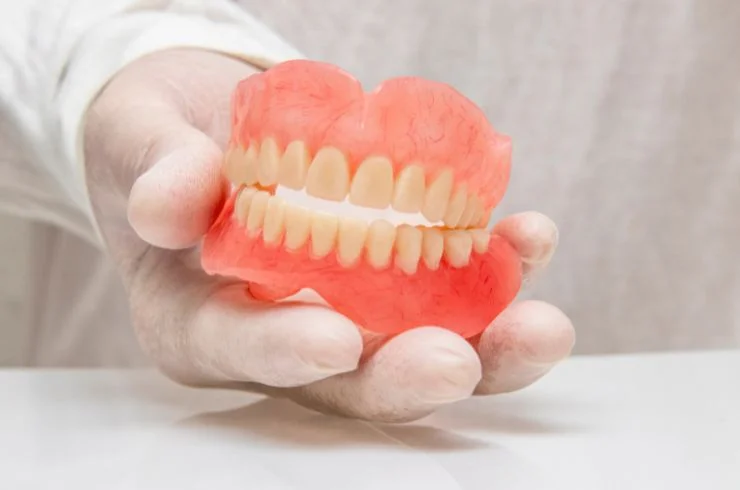
What are Dentures?
Dentures are removable prosthetic devices designed to replace missing teeth and restore the function and appearance of a person’s smile. They are custom-made to fit comfortably in the mouth and can be used to replace either a full set of teeth (complete dentures) or just a few missing teeth (partial dentures). Dentures are an effective solution for individuals who have lost teeth due to decay, gum disease, injury, or other dental issues.
Types of Dentures
Complete Dentures:
Partial Dentures:
Implant-Supported Dentures:
The Denture Fabrication Process
Initial Consultation:
Impressions:
Try-In Phase:
Final Fabrication:
Denture Placement:
Benefits of Dentures
Considerations and Aftercare
In summary, dentures are a versatile and effective solution for replacing missing teeth, offering both functional and aesthetic benefits. With proper care and maintenance, dentures can significantly improve a person’s quality of life, allowing them to enjoy a full and active lifestyle.